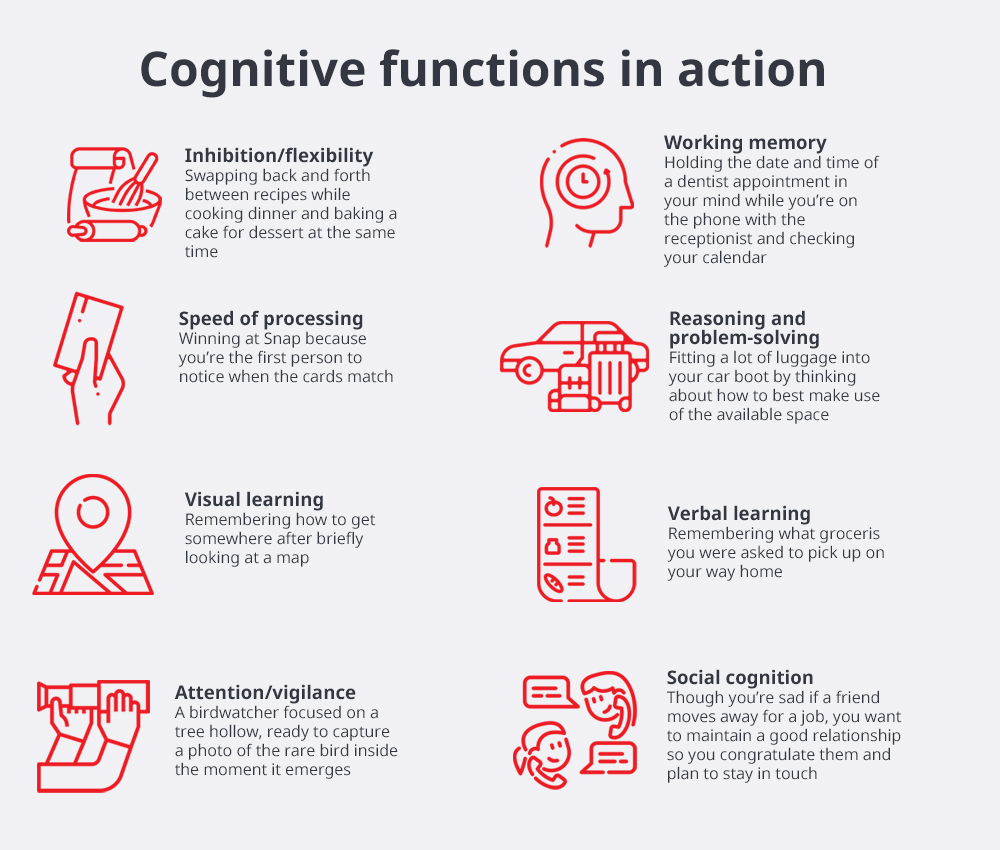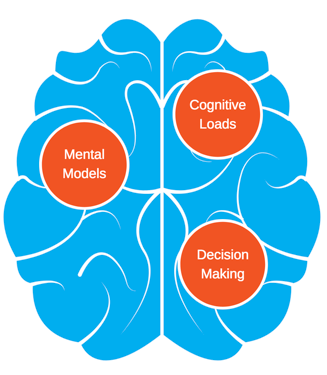
Within this learning context, the prescribed role of students is to assume primary responsibility for their learning-a role that has linked PBL with self-directed learning. present the solutions, preferably with justifications.The teacher's role is primarily facilitative (Stepien & Gallagher, 1993).Įnveloped by these common PBL characteristics, students find themselves in a learning context that apparently requires them to (Fogarty, 1997, 3):.Students assume primary responsibility for analyzing the problem and making inquiry (Slavin, Madden, Dolan, & Wasik, 1994).The process of PBL involves clarification, definition with reframing, analysis, and summary with synthesis (Tan, 2003).All PBL approaches begin with a problem or question (Duffy & Cunningham, 1996 Grabinger, 1996).Whatever their definitive guises, PBL approaches are seen to display a range of common characteristics: PBL can be applied across the entire curriculum.” PBL exists under various guises, ranging from the definitive nature of Biggs and Moore (1993), “Learning declarative and procedural knowledge in a context that has defined a need for that knowledge,” to the comprehensiveness of Fogarty (1997), “PBL is a curriculum model designed around real-life problems that are ill-structured, open-ended, or ambiguous. One pedagogic approach that appears to facilitate the active construction of knowledge-and for this reason has aroused keen interest-is Problem–based learning (PBL). With the change in the underpinning educational theory, there follows a change in pedagogy. Such movements toward prioritizing the talent development of individual students mark a move away from assimilation theories of learning, where students amass and assimilate taught knowledge, toward constructivist theories of learning, where students actively construct their own knowledge. In Hong Kong, the movement is detectable by the formal defining of generic skills that are held to facilitate individual student learning ( Hong Kong Curriculum Development Council, 2001).

Victor Forrester Problem–based Learning and Talent DevelopmentĪ common feature among countries open to globalization is a movement within education reforms toward talent development.

Exploring the Cognitive Processes of Problem–based Learning and Their Relationship to Talent Development


 0 kommentar(er)
0 kommentar(er)
